This year’s winners of the Nobel prize in chemistry are Susumu Kitagawa, Richard Robson and Omar Yaghi “for the development of metal-organic frameworks”.
In keeping with Chemistry World tradition, as soon as the news was announced, we once again went about inviting an expert panel of guests to discuss and celebrate the award-winning research on this vitally important subject. Find out about the speakers below.
This hour-long webinar explores the far-reaching impact of the Nobel-winning work, featuring expert opinions from scientists closely involved in the research. Whether you’re a seasoned chemist, an aspiring researcher or simply curious about scientific advancement, this session highlights the remarkable strides being made at the forefront of chemistry.
Panel of speakers
Jamie Durrani
Senior science correspondent, Chemistry World
Jamie has a PhD in asymmetric catalysis and has been with Chemistry World since 2016. He reports on the latest chemistry breakthroughs as well as areas like science policy that are of direct relevance to the research community. He especially enjoys covering research that brings together multiple scientific disciplines, or that improves our understanding of the world that we live in.
Petra Ágota Szilágyi
Professor in porous materials, University of Oslo (UiO)
Based in Norway, Petra holds PhD degrees in chemistry and physics, and has international research experience of a strong interdisciplinary character. Much of her work has focused on the design, synthesis, characterisation and exploitation of metal-organic frameworks for energy and environmental applications. She has been recipient of the TOP50 Women in Engineering: Sustainability Award and held visiting professorships in France and Japan.
Stuart Batten
Professor, Monash University
Stuart Batten completed his PhD (1996) at the University of Melbourne, Australia, with Richard Robson and Bernard Hoskins. This was followed by postdoctoral positions at Bristol, Melbourne and Monash, including two Australian Research Council fellowships. He commenced a lectureship at Monash in 2006, and has been a full professor there since 2012. His research, detailed in more than 300 publications, is mainly in the areas of crystal engineering, coordination polymers and MOFs, supramolecular chemistry, inorganic chemistry, and chemical crystallography. His research has attracted over 30,000 citations (h-index = 85), is the recipient of numerous awards, and has a passion for outreach.
Brendan Abrahams
Lecturer in chemistry, University of Melbourne
Brendan Abrahams completed a BSc(Hons) at the University of Melbourne, Australia, in 1984. He followed this with a PhD in the field of coordination chemistry. In 1989 he commenced work in professor Richard Robson’s group and continued as a post-doctoral researcher within the Robson group for 14 years. Upon Richard’s retirement, Brendan was appointed as a lecturer in chemistry at the University of Melbourne and is a current member of the academic staff. Since Richard’s retirement over 20 years ago, Brendan and Richard have maintained a close collaboration.
Sujit K Ghosh
Professor of chemistry, Indian Institute of Science Education and Research Pune (IISER Pune)
Before joining IISER Pune in India in 2009, Sujit worked with this year’s Nobel prize winner proffesor Susumu Kitagawa, as postdoctoral fellow for almost three years. His current research interest is primarily focused upon the development of metal–organic frameworks (MOFs) and related advanced functional porous materials for clean energy, sustainable environment and safe drinking water.
Deanna D’Alessandro
Professor and director of the Net Zero Institute
Deanna D’Alessandro is a professor in chemical and biomolecular engineering at the University of Sydney, Australia, as well as director of the Net Zero Institute, Australia. A chemist by training, she completed her BSc and PhD (2006) at James Cook University, and a postdoctoral fellowship at UC Berkeley with professor Jeff Long (2007-9). Her team’s research focuses on functional materials for applications such as greenhouse gas capture, catalysis, and energy. Her work has been recognised by a number of distinctions including the 2023 Royal Society of Chemistry Australasian Lectureship.
Will Morris
Director of business development, Numat
Dr William Morris is US firm Numat’s director of business development, a company focused on the commercialisation of metal-organic frameworks. He has been at Numat for over ten years, serving in a variety of roles including, director of R&D, and laboratory chemist. In these roles, he has worked as part of the team that successfully commercialised some of the first MOF products. Dr Morris completed his PhD with Omar Yaghi at the University of California, Los Angeles.
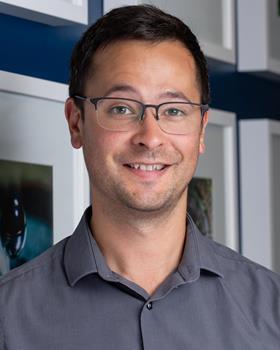
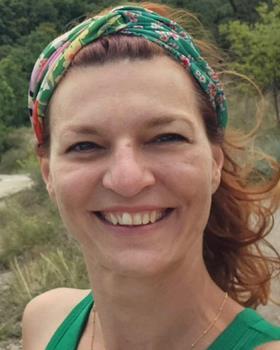
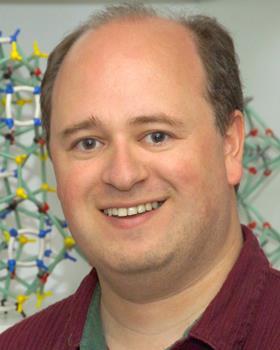
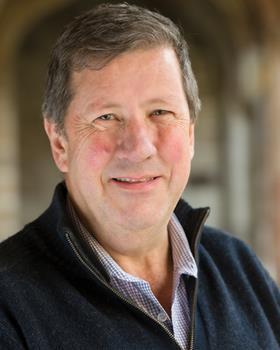
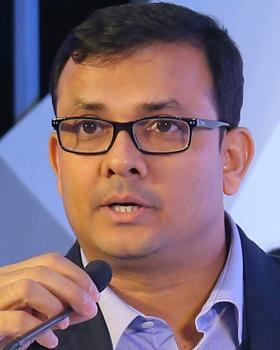
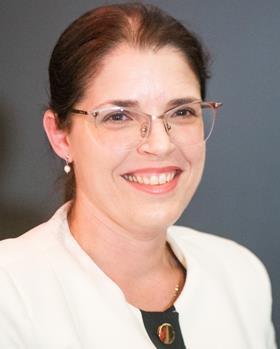
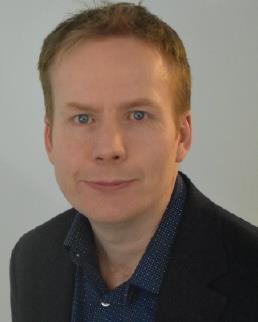
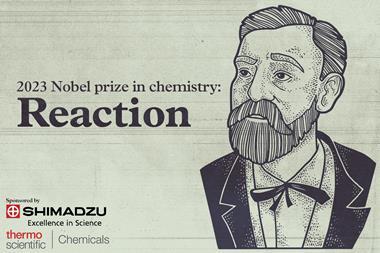
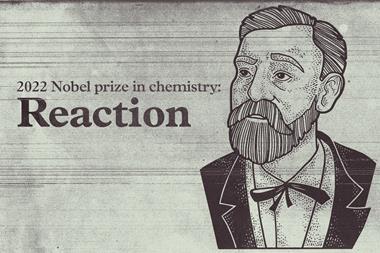



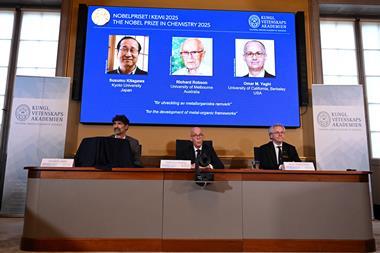
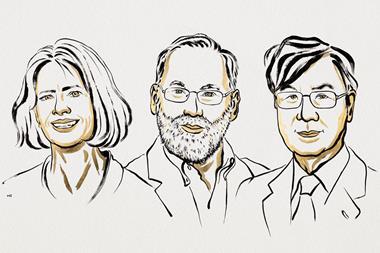

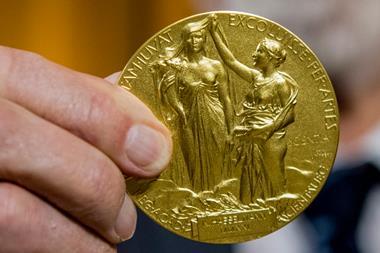
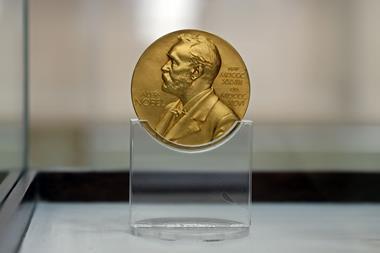
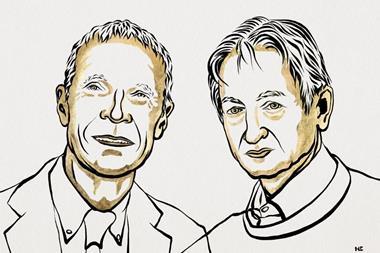

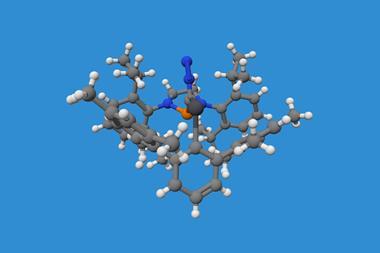
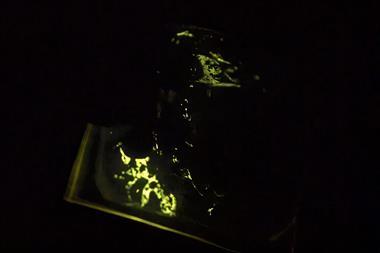





No comments yet